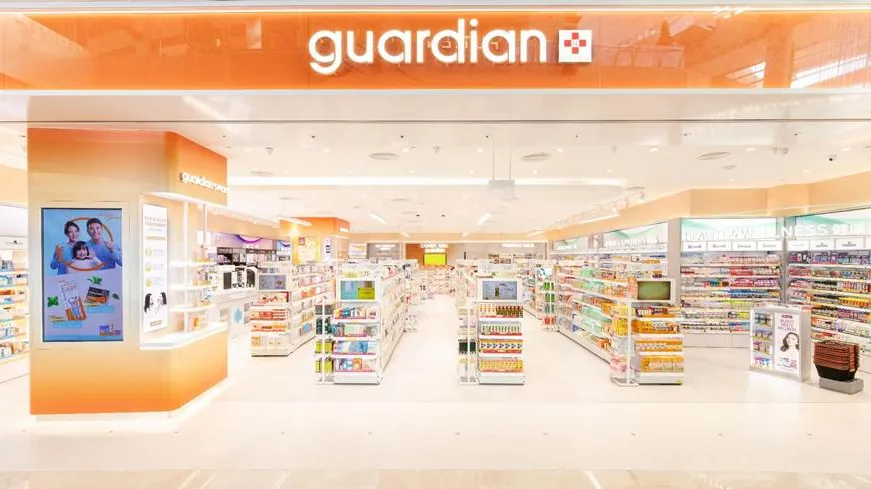Global brands to struggle with localised offerings
Blending technology with localised strategies will help global brands maintain relevance in the competitive retail market.
Market trends per country have become more localised post-pandemic, resulting in global brands to struggle in adapting their strategy to cater local needs.
Johanna Monange, founder and chief executive officer of Maison 21G, said that global brands are increasingly challenged to offer localised experiences that resonate with specific markets, especially with the retail landscape transforming under the influence of technology and consumer behaviours.
“I think each country is focusing on what makes the country. Why not use ingredients produced in my country? Why should I have a product made in France and not another team to like the test. So it's where the global brand will be struggling, you know, designing marketing in Paris they imposed on the whole world,” she said.
Monange added that consumers are becoming more global due to social media, making them instantly aware of what is happening around the world. She implied that global brands cannot adopt a one-size-fits-all approach to product offerings and marketing strategies.
“Their influences are different. Their affective preferences are different, the way they dress, the way they like to put their hair. So especially in the beauty area, you really need to localise your offer, your service, your approach, and it's where tech can really be relevant, to do machine learning and to be super reactive,” she explained.
Monange warns that global brands may struggle if they continue to impose a standardised marketing strategy across all markets. Instead, they must translate their brand values in ways that resonate within each unique cultural context, particularly in Asia, where diversity is immense.
“You have your brand value, but how you translate your value in each country, and especially in Asia, where you have so much diversity is really important. Because the way you talk to a Korean, the way you talk to Chinese or an Indonesian, is completely different,” she said.
She underscored the importance of creating a tangible, memorable experience in physical stores, something that can’t be replicated online. Maison 21G, for instance, employs an AI quiz to personalise scent recommendations for customers.
“Technological advancement is super important for retail to make it experiential, and also attract the customer in your store. As you know, it's very convenient to shop online. So when you have your consumer coming into your shop, you need to create a real experience,” she said.
Monange suggested that tech also plays a role in managing customer expectations during peak times through entertainment and engagement, without losing the essential human connection.
“I think tech can also be a way to entertain your customer and make them wait to really get them into a deep meaningful relationship with your staff. It doesn't take away the human relation because I think we come in more in short to have this interaction or so,” she added.
With the rising trend of online shopping, Monange stressed the importance of an integrated approach. "Today, you need to have a strong online and offline strategy,” she says, describing a seamless omni-channel experience where consumers may research products online, experience them in-store, and then make their purchases online for convenience.
“You really need a mix of it for convenience for elevating the service level, creating the experience of retail and you need the tech online to capture your data to do machine learning but what you capture,” she said.
“I can tell you, in the future of retail, you will see a lot of brands that we didn't expect, but are going to become like top 10 in this country in Asia, because of the relevance of that offer, offline and online. Adapting the global strategy to local needs,” she ended.



















 Advertise
Advertise







Commentary
The festive season is a revenue moment – don't let friction or fraud derail it